From awareness to action
If the previous Resolution 29-NQ/TW laid the foundation for educational reform, the Resolution 71-NQ/TW of the Politburo on breakthrough in education and training development affirms a higher stage of development, which is the stage of creation, action and real autonomy.
These are the notable contents discussed at the seminar "Higher education - Building comprehensive autonomy and developing high-quality human resources in the spirit of Resolution 71-NQ/TW", taking place at Ho Chi Minh City University of Education.
Delegates said that the concept of comprehensive autonomy is a new development step of Vietnamese higher education in the context of fundamental and comprehensive innovation.
Associate Professor Dr. Nguyen Tan Phat, former Deputy Minister of Education and Training , former Director of Ho Chi Minh City National University, emphasized that the awareness of creating comprehensive university autonomy is a new wind, blowing at the right time. Creation is not just innovation; it requires the capacity to design, build and operate a new development system. Only schools with enough strength and stature can do this.
According to Mr. Phat, to reach the level of innovation, schools must have enough capacity and strength to rise, and at the same time need support from the Central Government. "Autonomy is only real when schools have enough capacity to innovate, and at the same time build social trust in the quality of education," Mr. Phat said.
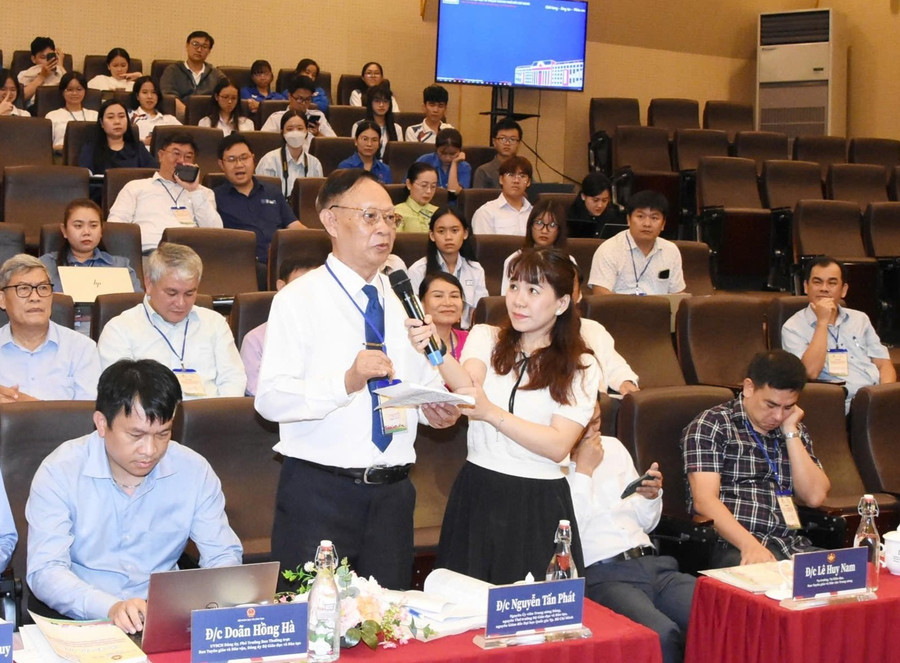
Agreeing with this view, Mr. Doan Hong Ha, Deputy Head of the Propaganda and Mass Mobilization Department of the Party Committee of the Ministry of Education and Training, said that immediately after the Politburo issued the resolution, the Party Committee of the Ministry of Education and Training advised the Government to issue Resolution 281, and at the same time issued Action Program No. 05 and Action Plan 2811 to specify 8 groups of key tasks and solutions.
These plans focus on perfecting institutions, reorganizing the university education system and developing high-quality human resources to serve the country's strategic technology industries such as semiconductors, nuclear power, railways, artificial intelligence, etc.
According to Mr. Ha, the implementation of Resolution 71-NQ/TW requires the synchronous participation of the entire industry, from reviewing the legal system, removing institutional bottlenecks, to allocating resources to create the premise for new breakthroughs.
"Restructuring the university system, reducing intermediaries, and linking autonomy with professional responsibility will be key tasks for the 2026-2030 period," said Mr. Ha.
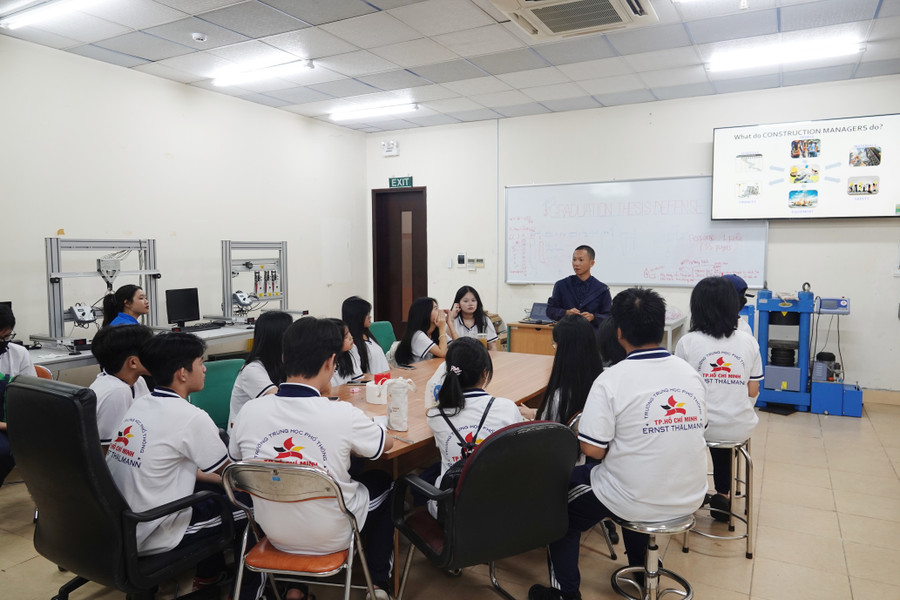
Mr. Nguyen Viet Long - Deputy Head of the Propaganda and Mass Mobilization Department of the Ho Chi Minh City Party Committee pointed out 4 key groups of tasks being implemented by the Ministry of Education and Training and other units.
That is: concretizing by law policies on university autonomy; rearranging educational and training institutions; synchronously implementing human resource training projects to serve key areas such as high technology, semiconductors, nuclear power, railways and promptly removing bottlenecks for smooth operation.
Mr. Long emphasized that in reality, attracting high-quality human resources is only the first step. More importantly, there must be a long-term support policy to help the teaching staff develop their degrees and titles within the school.
Balancing external attraction and nurturing internal capacity will be the key factor for universities to develop sustainably, achieve real autonomy and create a foundation for a comprehensive construction process.
In that process, the link between the state - school - enterprise continues to be identified as the "backbone" for the development of higher education.
Schools need to proactively connect with businesses to co-design programs, cooperate in research, and at the same time take advantage of socialized resources for investment in facilities and applied research.
Linking three houses for sustainable development
According to Associate Professor Dr. Tran Le Quan - Principal of the University of Science (Vietnam National University, Ho Chi Minh City), in the context of digital transformation and the 4.0 Industrial Revolution, close connection between the state - schools - businesses becomes an inevitable requirement to train human resources that are adaptable, creative and have digital thinking.
Mr. Quan said that the spirit of Resolution 71-NQ/TW continues previous resolutions, but goes further by focusing on administrative innovation, linking training with social and business needs, and aiming for elite and integrated education.
From international experience, he cited the “Triple Helix” model - three spirals between the Government, universities and businesses, showing the hybridization of functions of the parties in the knowledge ecosystem.
There, the state guides and regulates, universities are the centers of research and innovation, and enterprises are the output of knowledge and technology application.
According to him, Vietnam needs to soon institutionalize this model with clear policies on cooperation mechanisms, intellectual property and tax incentives for businesses investing in education.
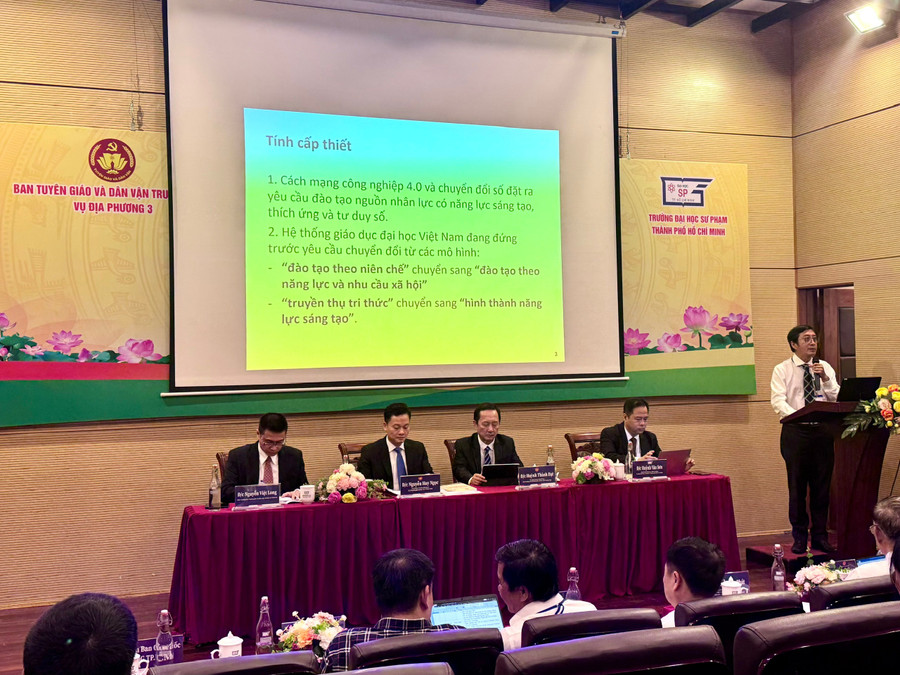
However, Mr. Quan also frankly admitted that the "three-way" connection in Vietnam is still limited: businesses rarely participate in designing training programs; the mechanism for sharing benefits in research is unclear; cooperation is short-term and formal.
The system's will to innovate is very strong, but implementation capacity at the grassroots level is still limited, causing implementation effectiveness to fall short of expectations.
To overcome this, he proposed building technology transfer centers (TTO) and business cooperation centers (CIC) at universities, and at the same time establishing a national index to evaluate the effectiveness of the "three-house" linkage model.
Turning policy into concrete action
Mr. Huynh Thanh Dat, Deputy Head of the Central Propaganda and Mass Mobilization Commission, affirmed that the implementation of Resolution 71-NQ/TW does not stop at orientation but must become concrete, effective and responsible actions.
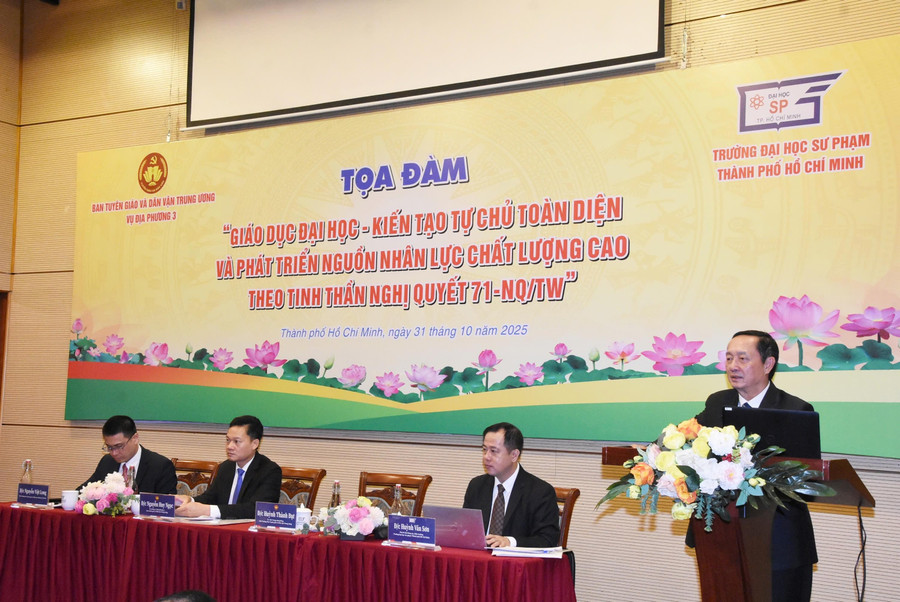
According to Mr. Dat, Vietnamese higher education is facing an important turning point to shift from management thinking to creative thinking, taking autonomy and accountability as the foundation for sustainable development.
He emphasized that comprehensive autonomy is not only about empowerment but also a measure of the capacity and mettle of each university.
Schools need to enhance their spirit of initiative, creativity and higher accountability, boldly pilot advanced governance models, build an academic and research environment according to international standards, and use quality as the basis to enhance their reputation and affirm their position.
According to Mr. Huynh Thanh Dat, the key task in the coming time is to perfect the specific legal corridor, encourage schools with outstanding capacity to pilot new mechanisms, creating the premise for comprehensive innovation.
At the same time, it is necessary to develop high-quality human resources, especially in key science and technology fields, considering this as the foundation for the country's industrialization and modernization.
He also emphasized the role of society and businesses in accompanying higher education. Investment in education is investment in sustainable development; university development funds and public-private partnership (PPP) mechanisms need to be expanded to mobilize intelligence, finance and social resources.
"Schools need to proactively build cooperation mechanisms, publicize finances, and transparent governance so that learners and society can trust and accompany them," said Mr. Dat.

The Deputy Head of the Central Propaganda and Mass Mobilization Commission said that Vietnamese higher education is facing a big question to become a center for knowledge creation, innovation and development in the region.
Resolution 71-NQ/TW is the guideline for the cause of breakthrough development in education and training. In the new era, higher education is not only a place to impart knowledge but must become a center for creating knowledge for humanity, training and developing talents for the country.
Mr. Huynh Thanh Dat said that the Central Propaganda and Mass Mobilization Commission will continue to closely monitor and accompany higher education institutions, aiming to transform the conclusions and recommendations of the discussion into specific and feasible mechanisms and policies, thereby promoting the implementation of Resolution 71-NQ/TW to achieve the highest efficiency in the entire system.
Source: https://giaoducthoidai.vn/tu-chu-toan-dien-huong-toi-mo-hinh-dai-hoc-kien-tao-post755652.html


![[Photo] Da Nang: Hundreds of people join hands to clean up a vital tourist route after storm No. 13](https://vphoto.vietnam.vn/thumb/1200x675/vietnam/resource/IMAGE/2025/11/07/1762491638903_image-3-1353-jpg.webp)






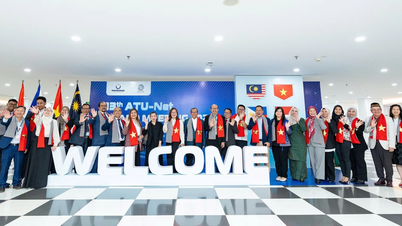
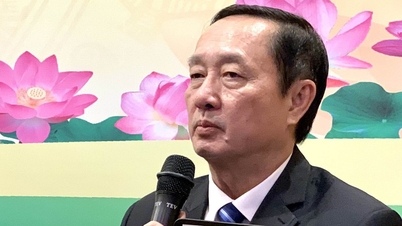

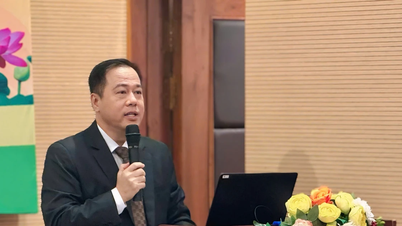

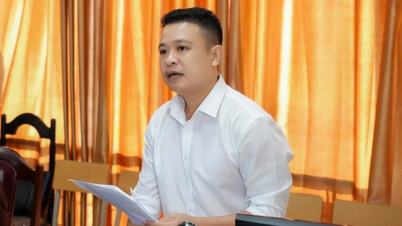

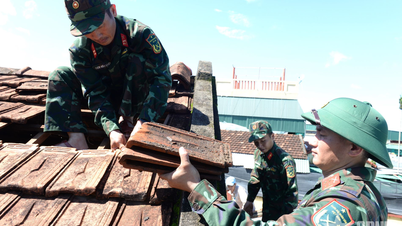

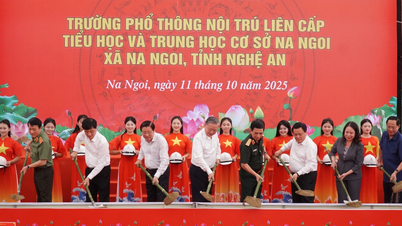




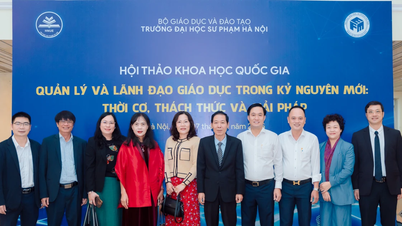









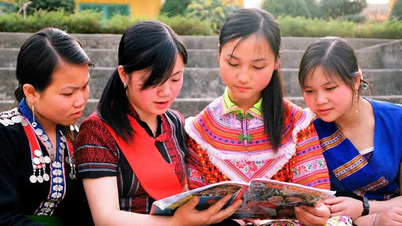






































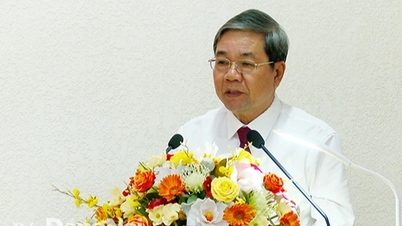
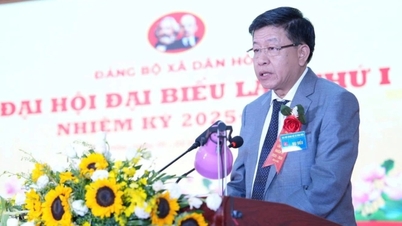


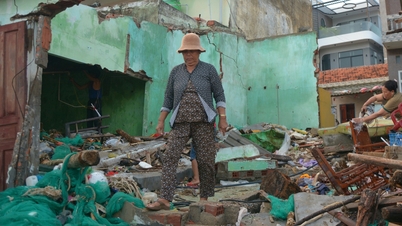




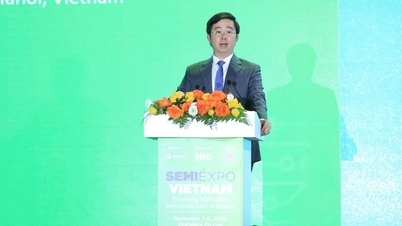

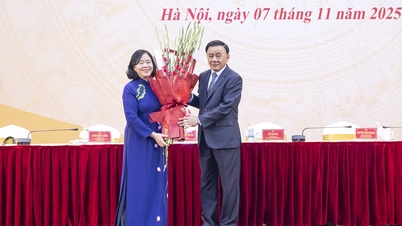


























Comment (0)